
Evaluating how well a parking meter is operating in San Diego may be a question for a streetlight.
Overlaying data from a multitude of connected, intelligent components was the focus of one of the many panel discussions at the third annual Smart Cities Connect Conference and Expo in Kansas City, Mo., March 27.
“So we know when a parking meter has been paid, how long it’s been paid for and when it’s going to expire,” explained Maksim Pecherskiy, chief data officer in the Performance and Analytics Department in the city of San Diego. “We can combine that with our streetlight data to try to understand how well any given parking meter’s performing, because every parking meter has a maintenance cost to it. And every parking meter is making certain money for a parking improvement district.”
In addition to its 5,000 smart parking meters, San Diego has about 3,200 smart streetlights, perhaps one of the largest deployments of streetlight IoT in the country.
The devices are collecting large amounts of data that can be overlaid, and otherwise analyzed, with other streams of input into the city. It’s but one example of the many ways cities are zeroing in on data and then exploring how to use it to solve problems ranging from predicting when the next pothole will surface to reducing crime or improving wellness.
“So, how do I take this data and add it to the value of things we might be working on?” said Sherri McIntyre, director of public works and assistant city manager in Kansas City, Mo.
McIntyre and other city officials explored not only the possibilities behind data collection and analysis — and the larger quality-of-life improvements these efforts might lead to — but the struggles and other concerns like transparency and privacy that cities encounter.
In Kansas City, for example, officials are exploring how to use crime-related data to identify problem areas and work toward reducing the city’s murder rate with improvements to first responder training.
“The complexity of the issue is not just the outcome,” said Bob Bennett, the city’s chief innovation officer. “When we look at fighting a murder rate, which in Kansas City right now is absolutely, positively, too high … It’s not just guns go off and people get hurt. In some cases you can decrease a murder rate by improving the medical care that you provide to victims. In some cases you can decrease a murder rate by better preparing your first responders.”
Predicting when a pothole is likely to occur — which Kansas City does — and addressing crime or evaluating the performance of parking meters are all great-sounding projects, say officials, and should be explored. However, moving them through the myriad city processes — from budgeting to implementation — can be a slow and cumbersome road.
“There is certainly top-level excitement for smart cities. But a lot of the decisions, and a lot of the budget controls, and a lot of the activities are controlled at a layer or two below that. And so being able to come up with actionable data platforms that drive actions, like potholes, can be a challenge,” said Bennett.
Another top concern among residents and government is privacy and ensuring that the personal information of constituents is not inadvertently shared within the public domain. This work becomes even trickier when considering using data provided by a third party, like navigation app Waze.
“I think it’s a complicated thing,” said Eric Roche, chief data officer for Kansas City. “The companies are collecting this data, and theoretically, their users have agreed to share this information with them.
“It seems that our public has decided to hold private companies to a different standard when it comes to privacy. And that’s okay,” he added. “And governments to another. And that’s okay too. But it becomes an issue when you start to share it between the two.”
The rule in Kansas City has been to ask private companies to not share individual private information on users. “We want perfect transparency, but we also want perfect privacy from our government,” said Roche.
Read the original article here
Products & Solutions
FULLY INTEGRATED SMART PARKING ECOSYSTEM
Complete parking resource planning, management, and data-driven decision-making power…

SINGLE-SPACE & SENSORS
Creators of the first smart Single-Space Parking Meter.Continual innovation ensures IPS meters are still unmatched…
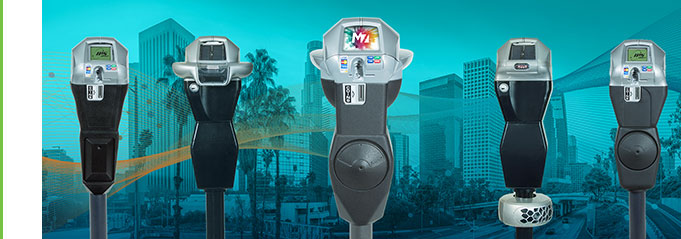
MULTI-SPACE
Unparalleled efficiency and the most flexible user experience of any multi-space meters on the market..
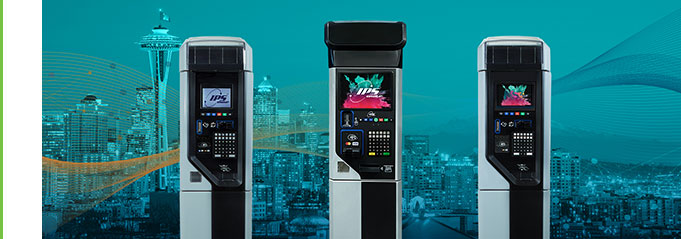
PARKING MANAGEMENT SYSTEM
Measure user trends, drive demand-based pricing, and seamlessly integrate your entire parking network…
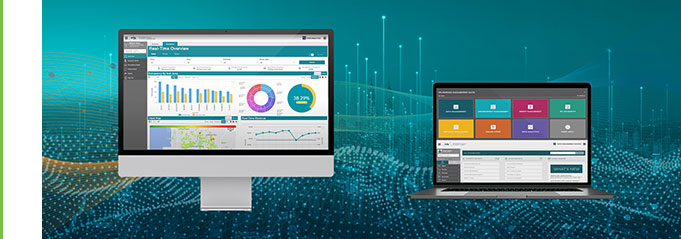
ENFORCEMENT MANAGEMENT
IPS helps you manage citation administration from issuance to collections using real-time technology and dedicated customer service resources…
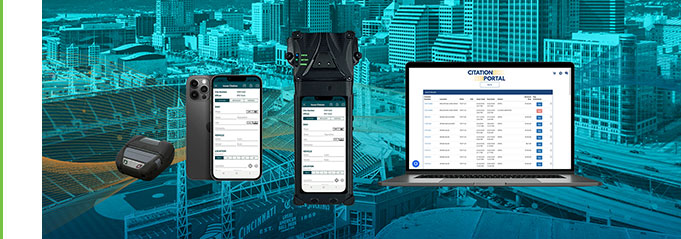
PERMIT MANAGEMENT
Full lifecycle permitting with custom customer-facing website to select, pay, and manage permits…

Apps and Services
DIGITAL PAYMENTS PLATFORM
Manage the parking experience on a smartphone

THIRD PARTY INTEGRATION
Streamline operations, improve efficiencies
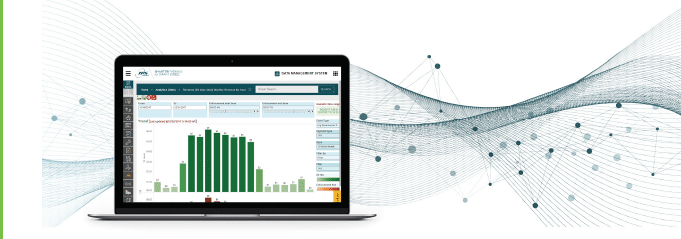
PAYMENT PROCESSING
Saving IPS clients thousands of dollars per month

DMV DATA SERVICES
Compliant Registered Owner data retrieval

Smart Cities
Higher Education
MUNICIPALITIES
Smart Parking is a critical facet of Smart Cities

HIGHER ED SMART PARKING
Comprehensive campus parking solutions

Resources
BROCHURES
More information on our products, apps, and services.
CUSTOMER STORIES
Real customers, real success stories.
VIDEOS
Got a minute? These videos will change the way you see parking.
FAQs
Quick answers to common questions…
COOPERATIVE PURCHASING
Streamline your procurement process through a cooperative purchasing program…
Newsroom
NEWS
When IPS hits local and national news…
BLOG
The latest smart parking updates…
PRESS RELEASES
What’s new and coming soon for IPS Group…

Company
COMPANY PROFILE

PATENTS

EVENTS

AWARDS

PCI CERTIFICATION & COMPLIANCE

SUSTAINABILITY INITIATIVES

CAREERS

